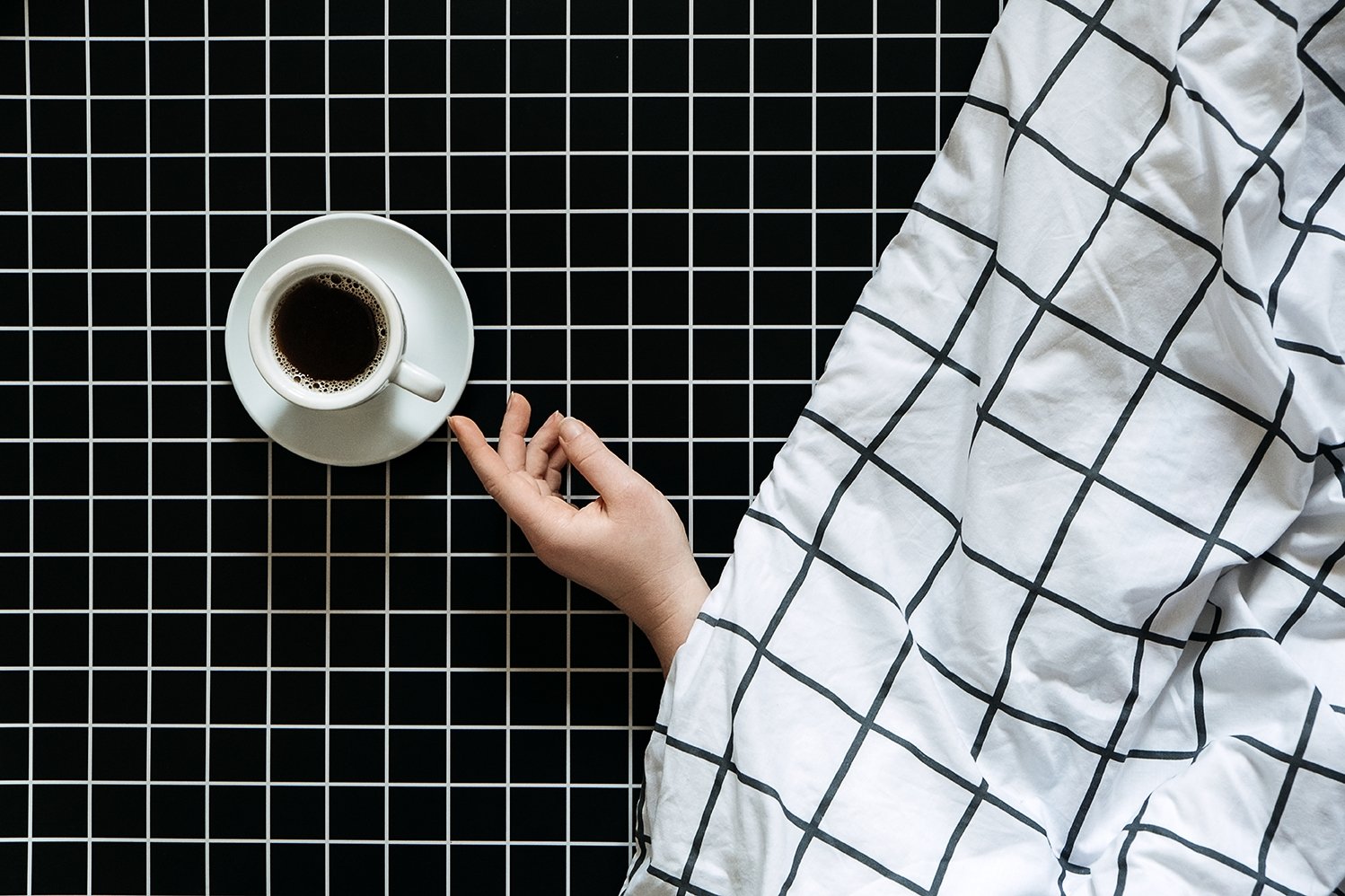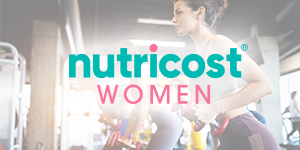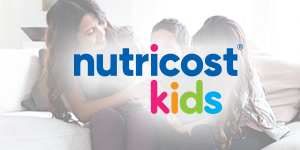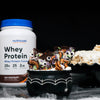Conquer the Day with This 20-Minute Energy-Boosting Trick

Have you ever felt sluggish and drowsy during the day and wished for a quick and effective way to re-energize yourself? A caffeine nap might just be the answer you’re looking for. A caffeine nap, also known as a coffee nap, is a nap taken immediately after consuming caffeine. This unique combination of caffeine and sleep can provide several benefits for your body and mind.
First, we all know what a nap is, however the important bit we need to establish in order for this trick to work is that your nap should be at least 20 minutes but no longer than 30 minutes. Napping has been found to improve cognitive performance, memory retention, and mood, among other benefits. When you take a nap, your brain is able to process the information it has received and consolidate it, which can help with long-term memory retention. Plus who doesn’t love a good nap in the afternoon?
Now, it is time to talk about caffeine. Caffeine is a stimulant that is commonly found in coffee, tea, and other beverages. Caffeine can improve alertness, concentration, and cognitive performance. It works by blocking Adenosine, a neurotransmitter that signals the brain to sleep, and stimulating the release of adrenaline, which can increase heart rate, blood pressure, and energy levels.
Of course naturally you may be saying “Well if caffeine blocks sleep, then how does this even work when trying to take a nap?” Well thanks to science we have a pretty good idea how long it takes for caffeine to actually affect us. This knowledge combined with the idea of a quick 20 minute nap gives us the power combo known as a caffeine nap.
So, how does combining caffeine and a nap work? When you consume caffeine, it takes around 20-30 minutes to take effect, as it needs to be absorbed by the body.
By taking a nap immediately after consuming caffeine, you can allow it to take effect while you sleep. This way, when you wake up, you will have the added benefit of both the nap and the caffeine, which can help you feel more alert and focused. This is not just some silly Tik Tok trend, this technique is backed up by studies and research.
Several studies have been conducted to research the effectiveness of caffeine naps. One study conducted by researchers at Hiroshima University found that a 20-minute nap taken immediately after consuming caffeine improved performance and alertness more than either a nap or other common post nap factors such as bright lights, or face washing alone. The caffeine nap has been studied a lot in conjunction with overnight workers given they naturally may have more problems dealing with drowsiness. If you are a night owl starting to feel sluggish, it might be time to try this trick.
Another study conducted by researchers for the UK Department of Transport found that a caffeine nap improved driving performance and reduced the risk of traffic incidents compared to caffeine alone. Make sure to plan out more stops for quick naps during long drives!
In conclusion, a caffeine nap can provide several benefits for your body and mind. By combining caffeine and a nap, you can improve cognitive performance, alertness, and concentration. If you are feeling sluggish or drowsy during the day, try a caffeine nap and see the difference it can make. This trick is easy to fit into after lunch at work, or for giving you a boost when working around the house.
Not in the mood for a coffee, or sugary soda to get your caffeine? Try Nutricost Guarana powder which has 200mg of natural caffeine per serving which can be added to any beverage of your choice! Perhaps you prefer Nutricost Energy Complex which features a clean energy mix so you don’t have to worry about all that sugar, and nasty ingredients of a energy drink or soda. Either way, we’ve got you covered.
Sources:
- Lovato, N., & Lack, L. (2010). The effects of napping on cognitive functioning. Progress in brain research, 185, 155-166.
- Alhola, P., & Polo-Kantola, P. (2007). Sleep deprivation: impact on cognitive performance. Neuropsychiatric disease and treatment, 3(5), 553.
- Sara C. Mednick; Denise J. Cai; Jennifer Kanady; Sean P.A. Drummond (2008). Comparing the benefits of caffeine, naps and placebo on verbal, motor and perceptual memory. 193(1), 0–86.
- Centofanti, Stephanie; Banks, Siobhan; Coussens, Scott; Gray, Darren; Munro, Emily; Nielsen, Johnathon; Dorrian, Jillian (2020). A pilot study investigating the impact of a caffeine-nap on alertness during a simulated night shift. Chronobiology International, (), 1–5.
- Mitsuo Hayashi; Akiko Masuda; Tadao Hori (2003). The alerting effects of caffeine, bright light and face washing after a short daytime nap, 114(12), 2268–2278.
- Luise A. Reyner; James A. Horne (1997). Suppression of sleepiness in drivers: Combination of caffeine with a short nap. , 34(6), 721–725.A. HORNE; L. A. REYNER (1996). Counteracting driver sleepiness: Effects of napping, caffeine, and placebo. , 33(3), 306–309.
- Bertil B. Fredholm (1995). Adenosine, Adenosine Receptors and the Actions of Caffeine. 76(2), 93–101.











